Foundation is one of the most important makeup products, as it can help to create a flawless complexion. However, with so many different formulas and shades on the market, it can be tough to know where to start. This article will provide you with everything you need to know about choosing the right foundation for your skin type, tone, and undertone.
What is foundation for your skin and why is it important?
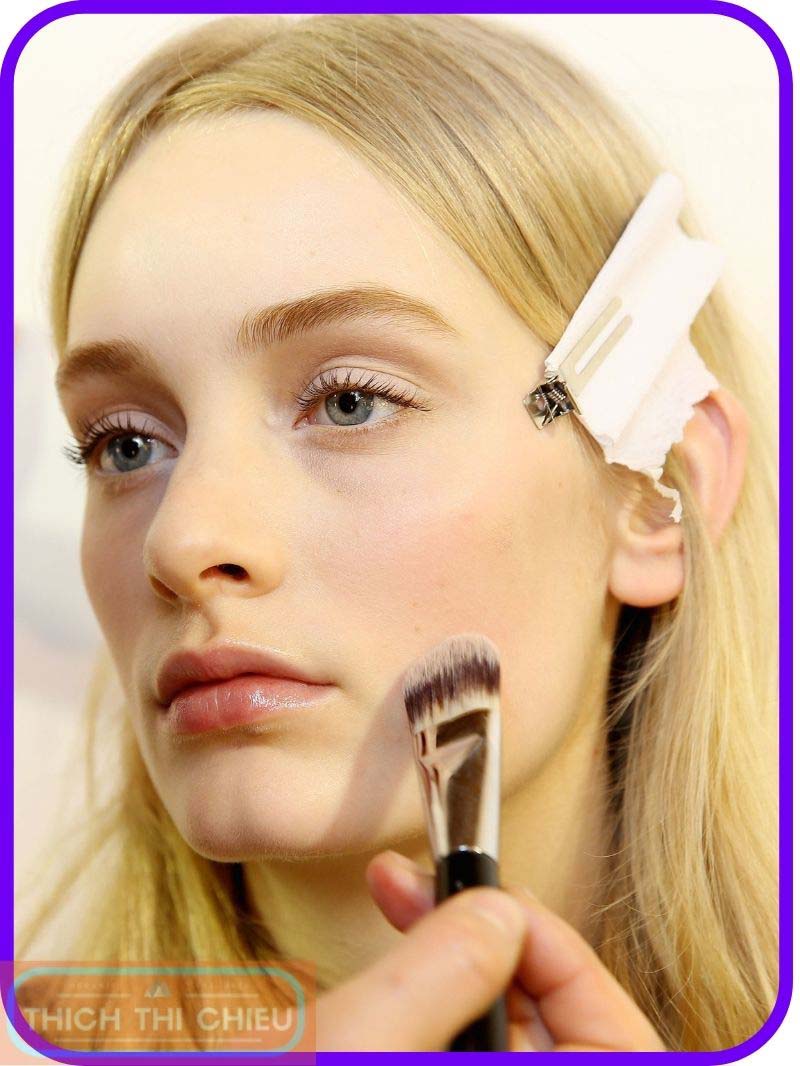
Foundation is a cosmetic product that is used to even out the skin tone and create a smooth canvas for makeup. It can also be used to conceal blemishes, redness, and other imperfections. Foundation is available in a variety of formulas, including liquid, cream, powder, and stick.
How to choose the right foundation for your skin type
Choosing the right foundation is essential for a flawless makeup look. But with so many different formulas and shades on the market, it can be tough to know where to start. Especially if you have a specific skin type, like dry, oily, combination, or sensitive skin.
Here is a guide to choosing the right foundation for your skin type:
Dry skin
If you have dry skin, you’ll want to look for a foundation that is hydrating and moisturizing. Avoid foundations that are too matte, as they can dry out your skin even more.
Some good foundations for dry skin include:
- L’Oréal Paris True Match Hyaluronic Tinted Serum
- Maybelline Fit Me Dewy + Smooth Foundation
- MAC Studio Fix Fluid SPF 15
- NARS Sheer Glow Foundation
- Lancôme Teint Idole Ultra Wear Foundation
Oily skin
If you have oily skin, you’ll want to look for a foundation that is oil-free and non-comedogenic (meaning it won’t clog your pores). You may also want to consider using a primer before applying foundation to help control oil production.
Some good foundations for oily skin include:
- Maybelline Fit Me Matte + Poreless Foundation
- NYX Professional Makeup Can’t Stop Won’t Stop Full Coverage Foundation
- L’Oréal Paris Infallible Pro-Matte Foundation
- MAC Studio Fix Fluid SPF 15
- Estée Lauder Double Wear Stay-in-Place Makeup
Combination skin
If you have combination skin, you’ll want to look for a foundation that is oil-free and non-comedogenic, but also hydrating enough for your dry areas.
Some good foundations for combination skin include:
- Maybelline Fit Me Hydrating + Smoothing Foundation
- L’Oréal Paris True Match Super-Blendable Foundation
- MAC Studio Fix Fluid SPF 15
- NARS Sheer Glow Foundation
- Bobbi Brown Skin Long-Wear Weightless Foundation SPF 15
Sensitive skin
If you have sensitive skin, you’ll want to look for a foundation that is fragrance-free and hypoallergenic. You may also want to avoid foundations that contain harsh ingredients like alcohol or sulfates.
Some good foundations for sensitive skin include:
- bareMinerals Complexion Rescue Tinted Hydrating Gel Cream
- Clinique Even Better Refresh Hydrating & Makeup Broad Spectrum SPF 25
- Maybelline Fit Me Dewy + Smooth Foundation
- MAC Studio Fix Fluid SPF 15
- IT Cosmetics CC+ Cream SPF 50+
No matter what your skin type is, it’s important to choose a foundation that is the right color for you. The best way to do this is to test the foundation on your jawline. This will give you a good idea of how the foundation looks against your skin without it being too obvious.
You can also ask a beauty advisor for help choosing the right foundation for your skin type and tone. They can help you determine your skin type and undertone, and find the perfect foundation match for you.
How to choose the right foundation for your skin tone
Your skin tone is the overall color of your skin, while your undertone is the hue that lies beneath the surface. There are three main undertones: warm, cool, and neutral.
Warm undertones
If you have warm undertones, your veins will appear green when you look at the underside of your wrist. You may also have golden or olive skin.
Some foundations with warm undertones include:
- L’Oréal Paris True Match Super-Blendable Foundation in Golden Caramel
- Maybelline Fit Me Matte + Poreless Foundation in Warm Natural
- MAC Studio Fix Fluid SPF 15 in NC30
- NARS Sheer Glow Foundation in Stromboli
- Lancôme Teint Idole Ultra Wear Foundation in 380 Bisque
Cool undertones
If you have cool undertones, your veins will appear blue or purple when you look at the underside of your wrist. You may also have pink or rosy skin.
Some foundations with cool undertones include:
- L’Oréal Paris True Match Super-Blendable Foundation in Golden Fair
- Maybelline Fit Me Matte + Poreless Foundation in Fair Porcelain
- MAC Studio Fix Fluid SPF 15 in NC15
- NARS Sheer Glow Foundation in Siberia
- Lancôme Teint Idole Ultra Wear Foundation in 220 Suede
Neutral undertones
If you have neutral undertones, your veins will appear neither green nor blue when you look at the underside of your wrist. Your skin may also be a mix of warm and cool tones.
Some foundations with neutral undertones include:
- L’Oréal Paris True Match Super-Blendable Foundation in Natural Buff
- Maybelline Fit Me Matte + Poreless Foundation in Natural Beige
- MAC Studio Fix Fluid SPF 15 in NC25
- NARS Sheer Glow Foundation in Gobi
- Lancôme Teint Idole Ultra Wear Foundation in 310 Sand
How to determine your undertone
There are a few ways to determine your undertone.
- Look at the veins on your wrist. If your veins appear green, you have warm undertones. If your veins appear blue or purple, you have cool undertones. If your veins appear neither green nor blue, you have neutral undertones.
- Wear a white shirt. If you look better in a white shirt with a yellow tinge, you have warm undertones. If you look better in a white shirt with a blue tinge, you have cool undertones. If you look good in both, you have neutral undertones.
- Try on jewelry. If gold jewelry looks better on you, you have warm undertones. If silver jewelry looks better on you, you have cool undertones. If both look good on you, you have neutral undertones.
Tips for choosing the right foundation for your skin tone
Once you know your undertone, you can start choosing the right foundation for your skin tone. Here are a few tips:
- Test the foundation on your jawline. This will give you a good idea of how the foundation looks against your skin without it being too obvious.
- Choose a foundation that matches your skin tone and undertone. The foundation should disappear into your skin without leaving any visible lines or streaks.
- If you’re not sure what shade to choose, ask a beauty advisor for help. They can help you determine your skin tone and undertone, and find the perfect foundation match for you.
How to apply foundation
Start with a clean and moisturized face
This will help the foundation go on smoothly and evenly. Use a gentle cleanser to wash your face, and then apply a moisturizer that is appropriate for your skin type.
Apply a small amount of foundation to your brush or sponge
You don’t need a lot of foundation to achieve a natural look. Start with a small amount and add more as needed.
Blend the foundation well
Use your brush or sponge to blend the foundation into your skin. Start at the center of your face and work your way out. Be sure to blend the foundation into your hairline and jawline.
Set the foundation with powder
This will help to keep your foundation in place and prevent it from creasing. Use a translucent powder to set your foundation.
Here are some additional tips for applying foundation:
- Use a brush or sponge that is the right size for your face. A larger brush or sponge will be good for blending large areas of your face, while a smaller brush or sponge will be good for blending smaller areas, such as around your eyes and nose.
- Use a light touch when applying foundation. You don’t want to apply too much foundation, or it will look cakey.
- If you have any blemishes or redness, you can use a concealer to cover them up before applying foundation.
- If you have oily skin, you may want to use a primer before applying foundation. A primer will help to control oil production and create a smooth canvas for your foundation.
- If you have dry skin, you may want to use a dewy foundation. A dewy foundation will help to hydrate your skin and give you a natural glow.
Different types of foundation
Foundation is one of the most important makeup products, as it can help to create a flawless complexion. It can also be used to conceal blemishes, redness, and other imperfections. There are four main types of foundation: liquid, cream, powder, and stick.
Liquid foundation
Liquid foundation is the most versatile type of foundation. It can be used to create a sheer to full coverage look, and it comes in a wide variety of shades and finishes. Liquid foundation is applied with a brush or sponge, and it can be blended to achieve a seamless finish.
Cream foundation
Cream foundation is a good option for people with dry skin. It is more hydrating than liquid foundation and can provide medium to full coverage. Cream foundation is applied with a brush or sponge, and it can be blended to achieve a natural-looking finish.
Powder foundation
Powder foundation is a good option for people with oily skin. It can help to control oil production and provide a matte finish. Powder foundation is applied with a brush or puff, and it can be built up to achieve the desired coverage.
Stick foundation
Stick foundation is a good option for people who are on the go. It is portable and easy to apply. Stick foundation is applied directly to the skin and can be blended with a brush or sponge.
Which type of foundation is right for you?
The best type of foundation for you will depend on your skin type and needs. If you have dry skin, you may want to choose a liquid or cream foundation. If you have oily skin, you may want to choose a powder foundation. If you are looking for a portable and easy-to-apply foundation, you may want to choose a stick foundation.
Here is a more detailed comparison of the different types of foundation:
| Type of foundation | Pros | Cons |
| Liquid foundation | Versatile, wide variety of shades and finishes, blendable | Can be messy to apply, may not be suitable for oily skin |
| Cream foundation | Hydrating, medium to full coverage, natural-looking finish | Can be difficult to blend, may not be suitable for oily skin |
| Powder foundation | Controls oil production, matte finish, portable | Can look cakey if not applied correctly, may not be suitable for dry skin |
| Stick foundation | Portable, easy to apply | Can be difficult to blend, may not be suitable for dry skin |
No matter what your skin type or needs are, there is a type of foundation out there that is perfect for you. Experiment with different types of foundation to find the one that works best for you.
Choosing the right foundation is essential for a flawless makeup look. There are four main types of foundation: liquid, cream, powder, and stick. Each type of foundation has its own unique benefits and drawbacks.
The best type of foundation for you will depend on your skin type and needs. If you have dry skin, you may want to choose a liquid or cream foundation. If you have oily skin, you may want to choose a powder foundation. If you are looking for a portable and easy-to-apply foundation, you may want to choose a stick foundation.
TTC encourages readers to experiment with different types of foundation to find the one that works best for them.


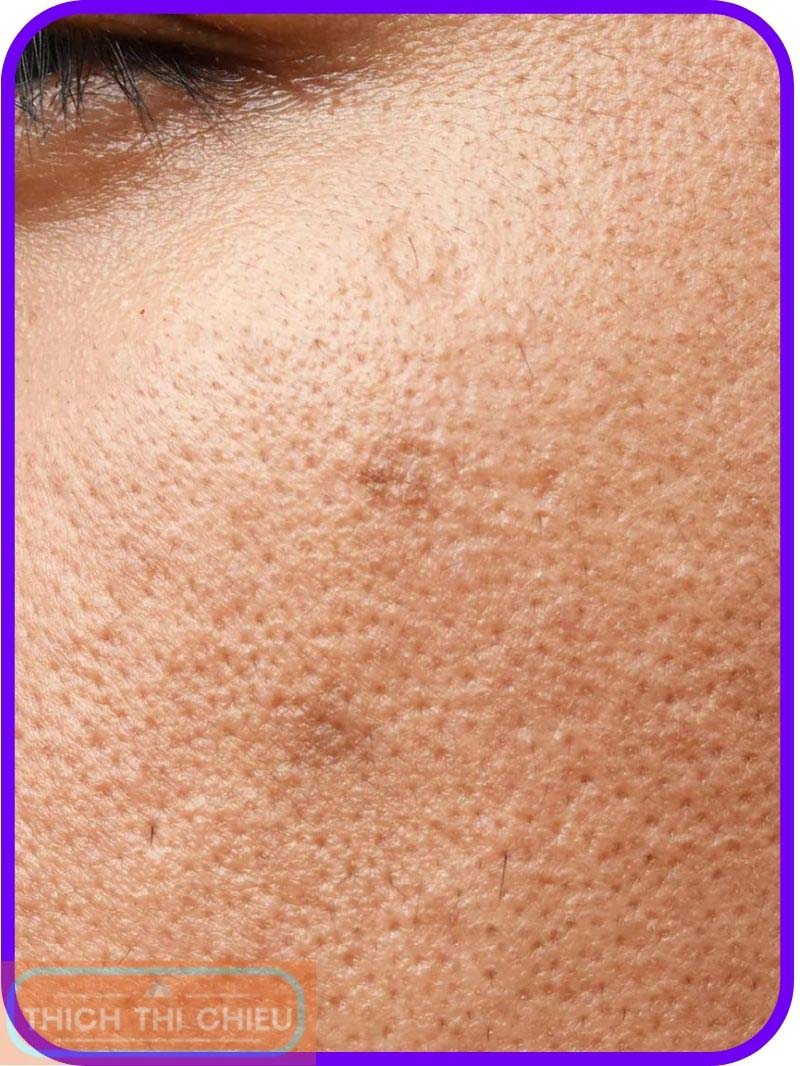
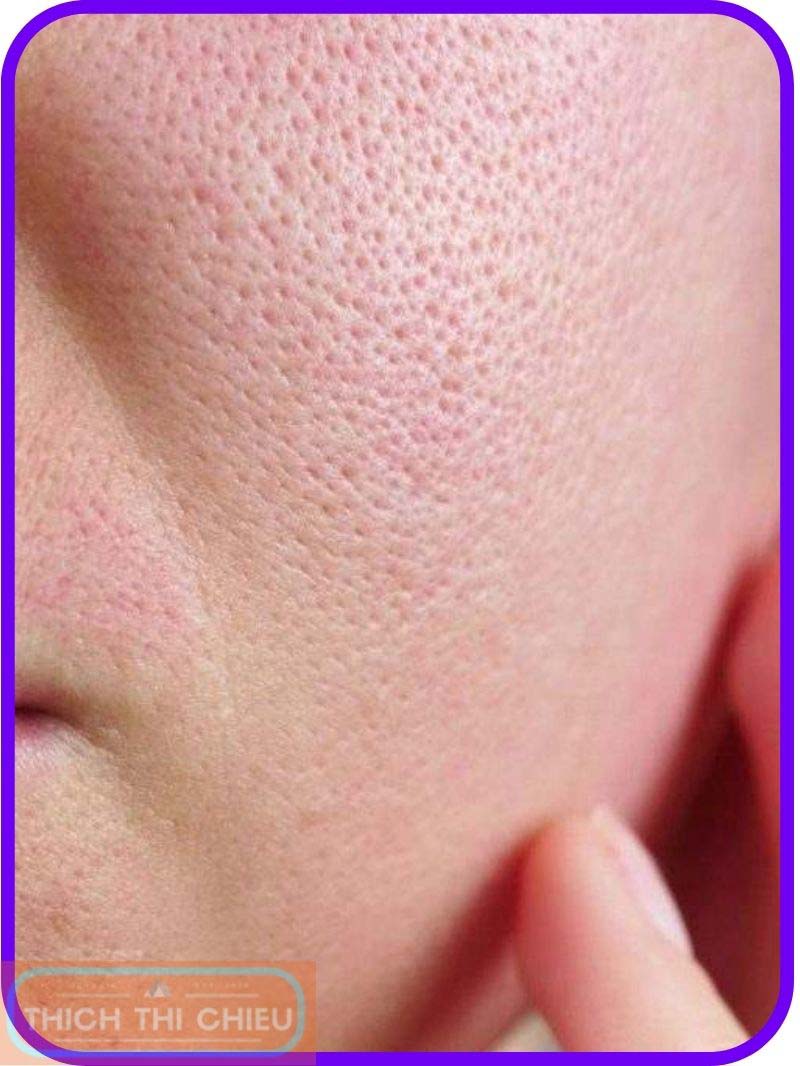
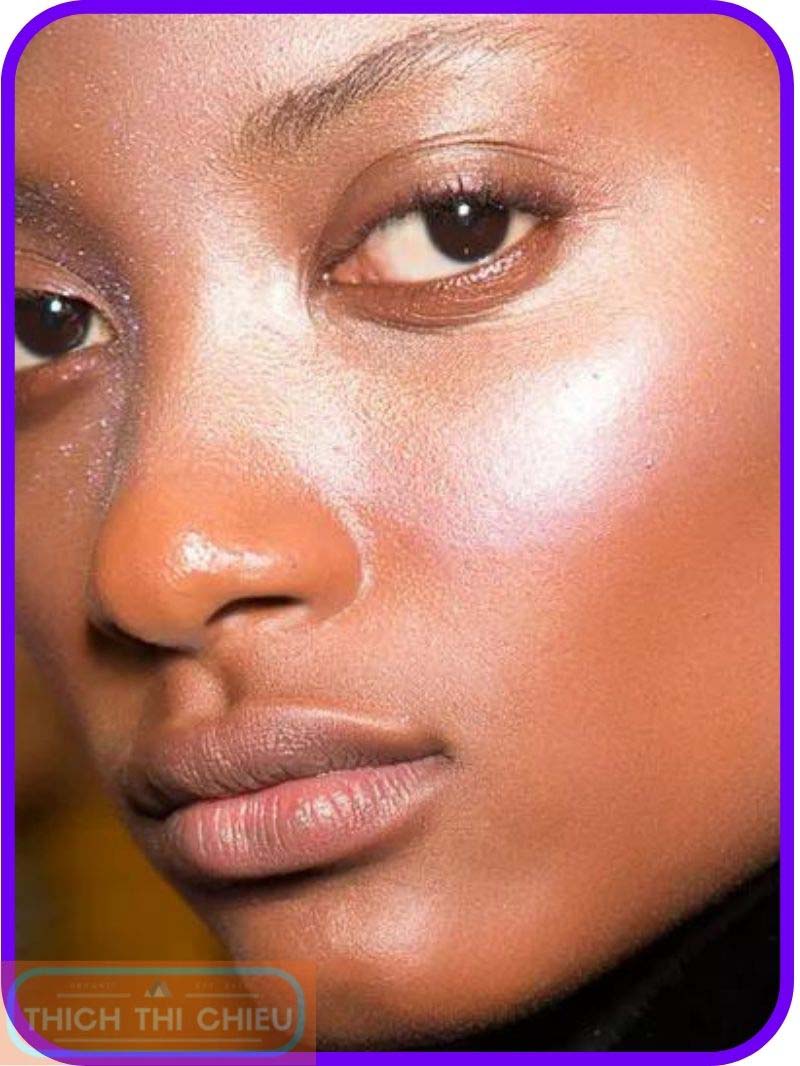


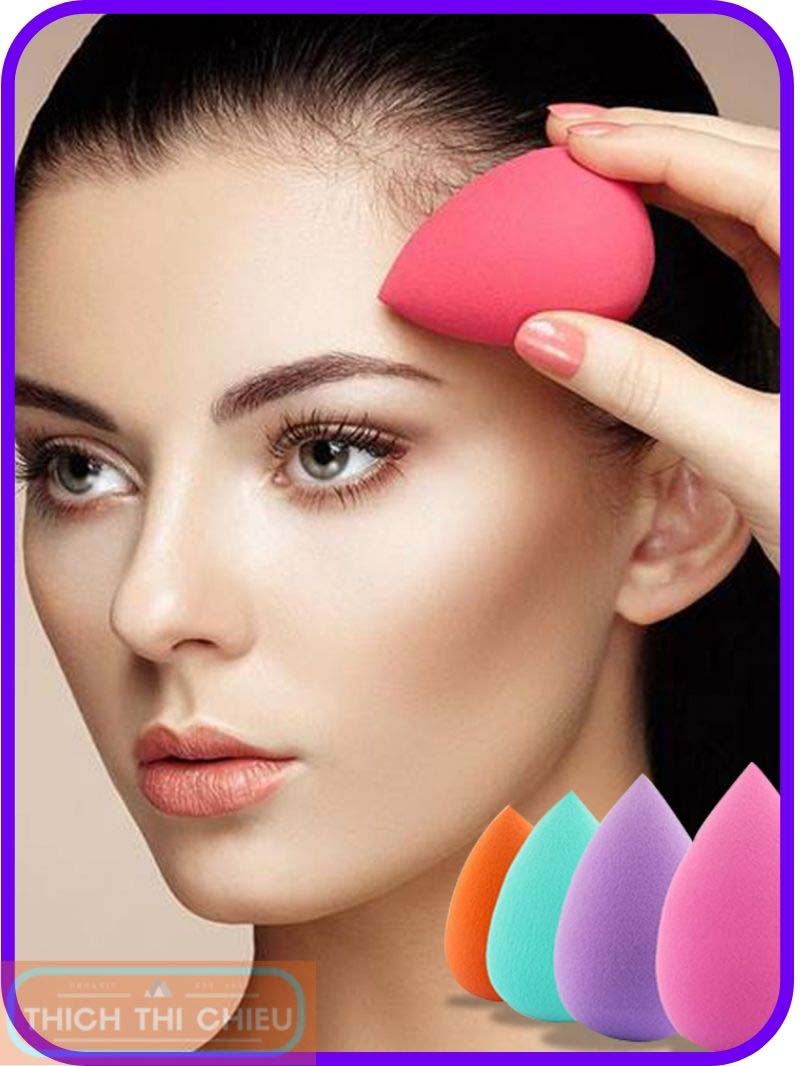

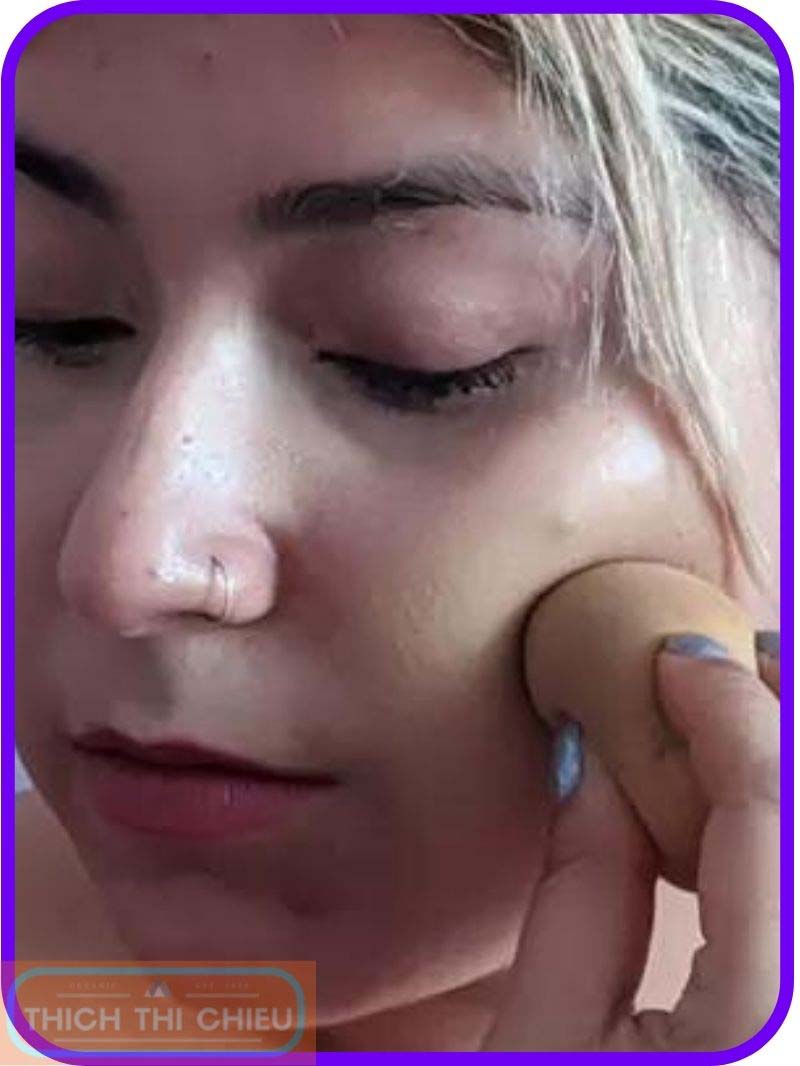
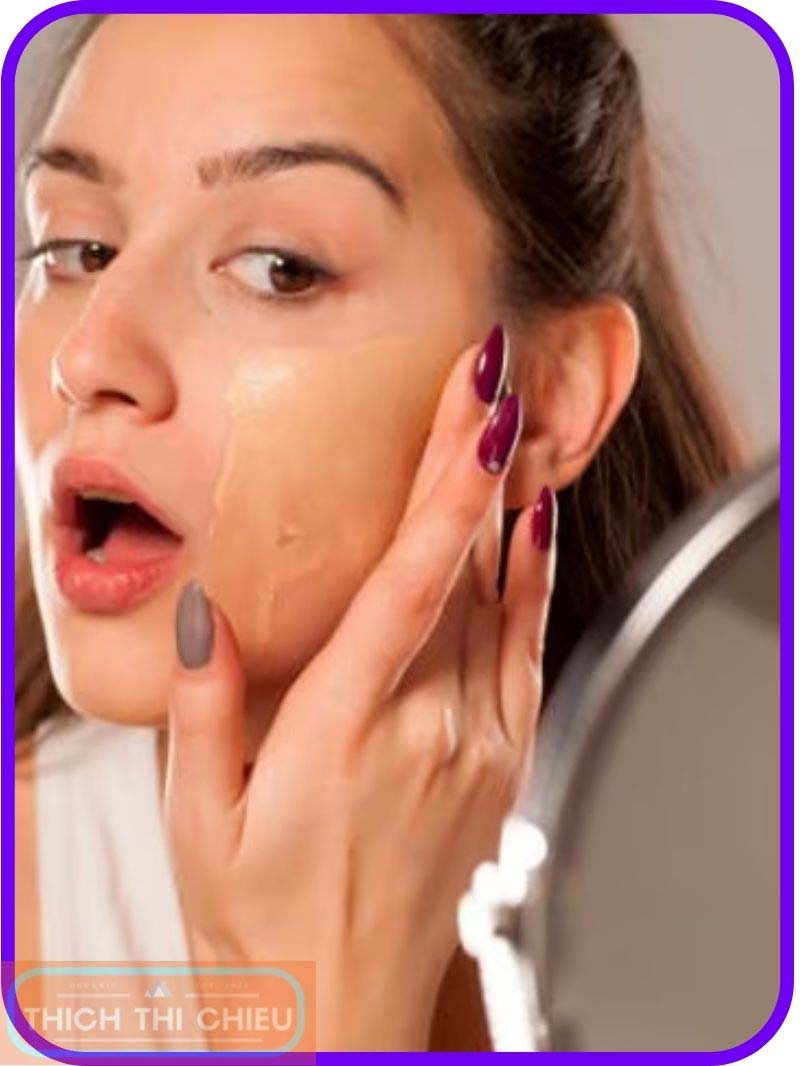
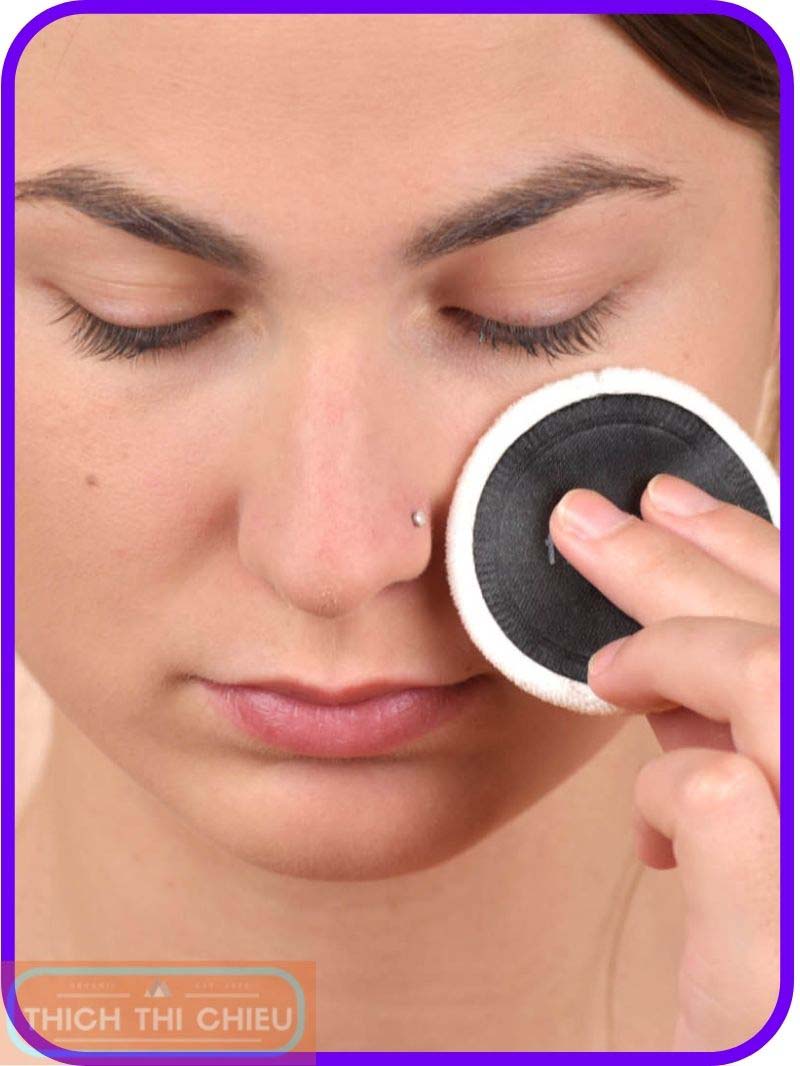
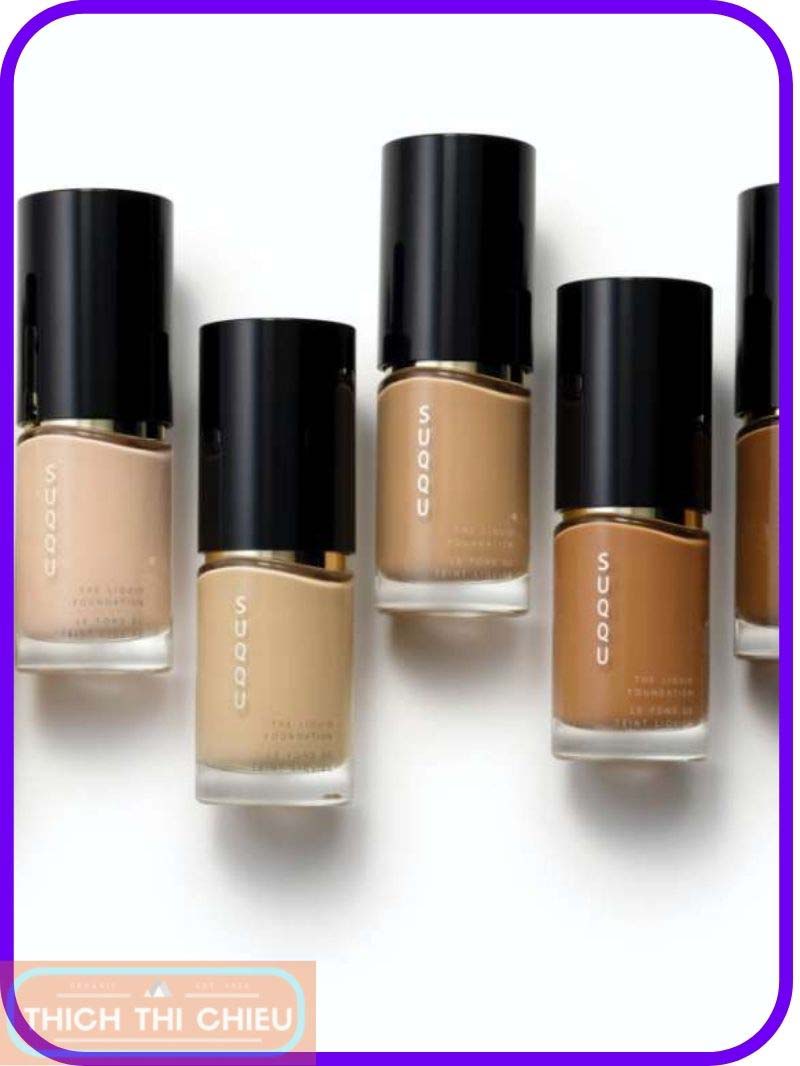
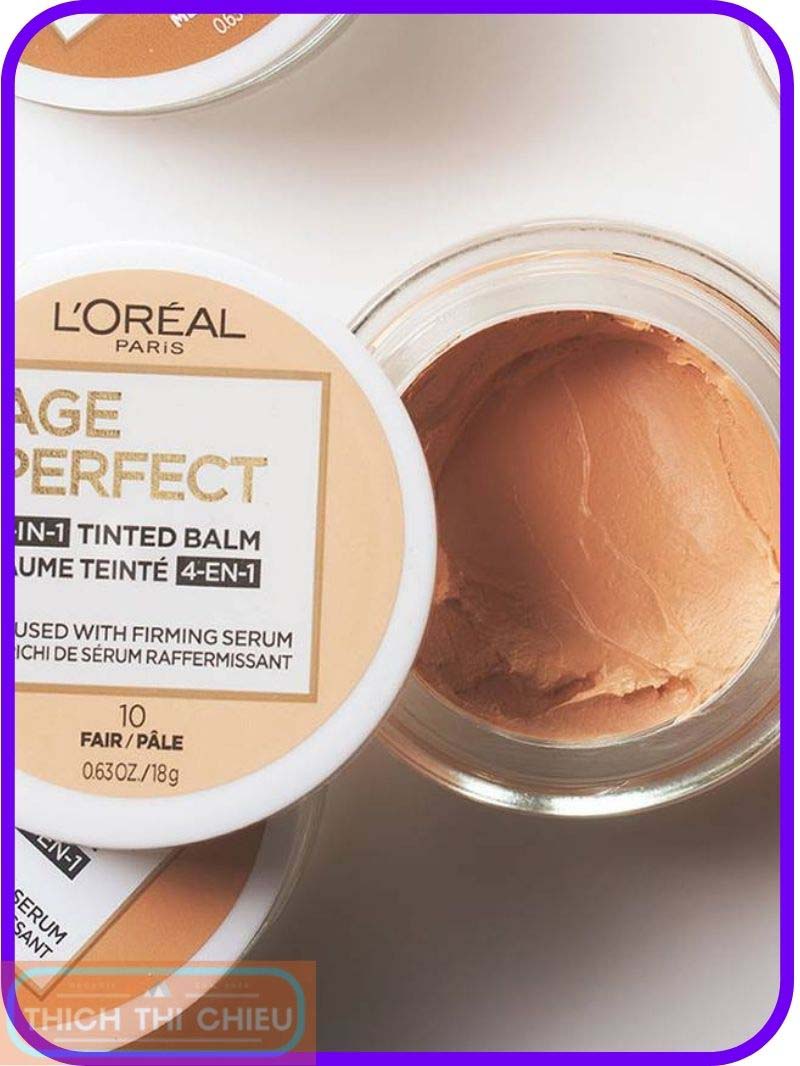
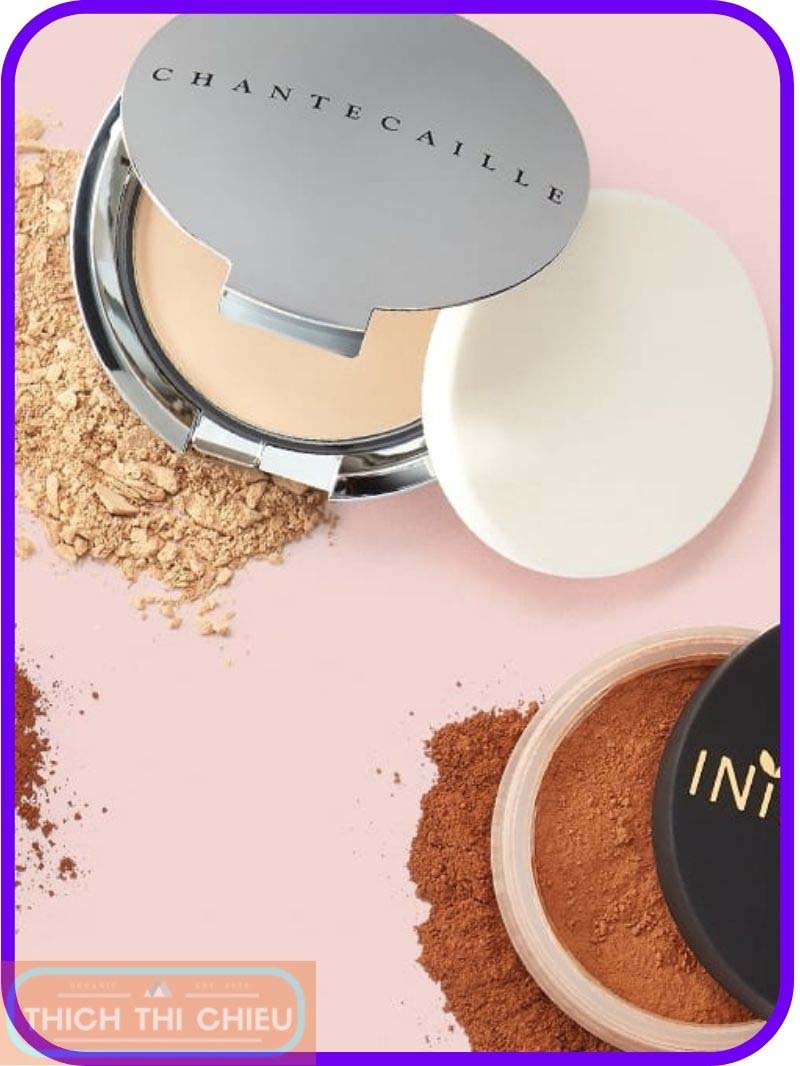
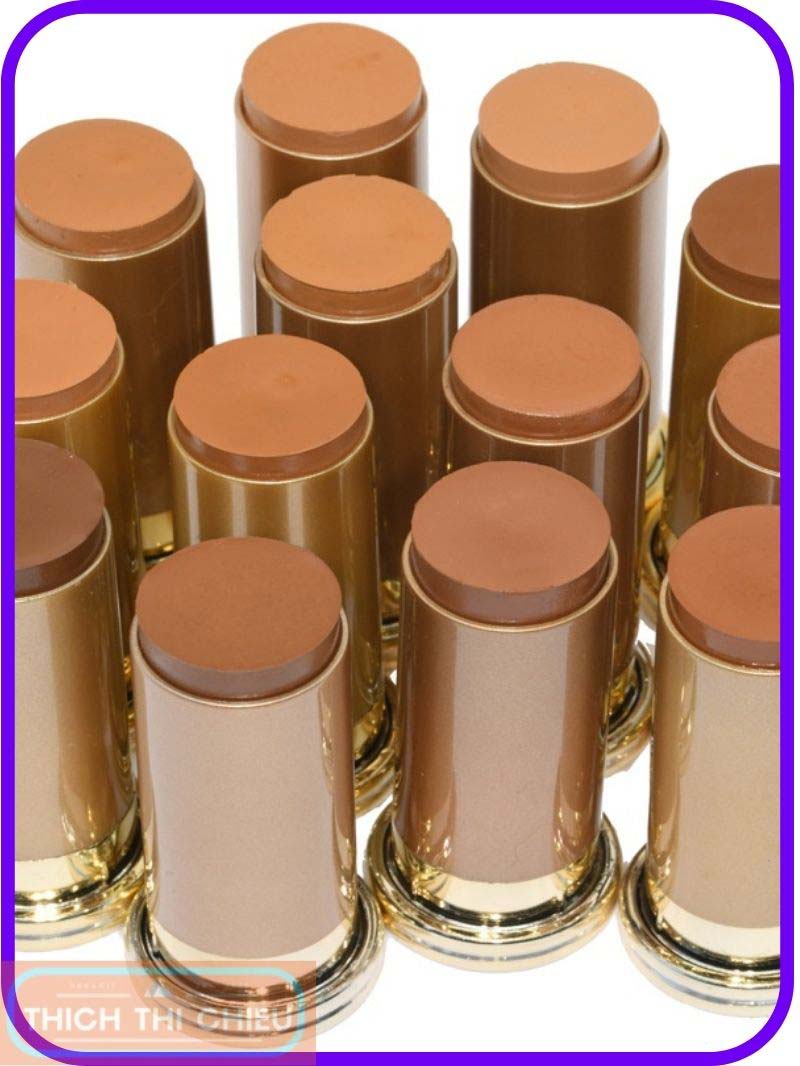
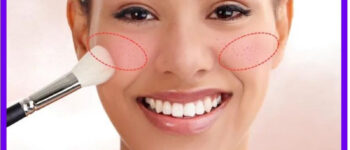
Leave a Reply